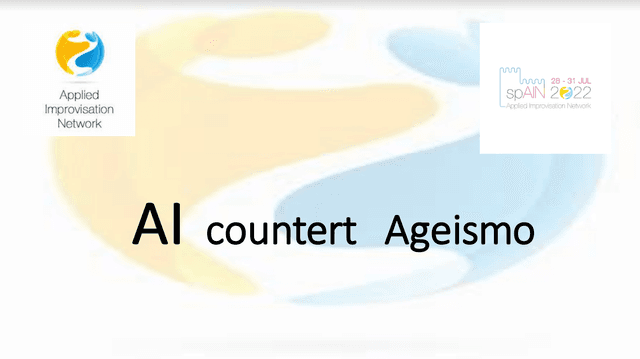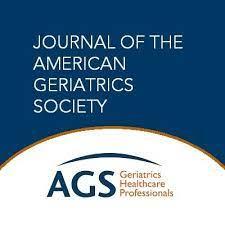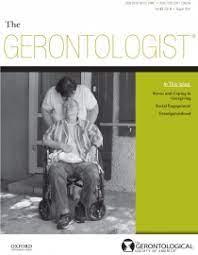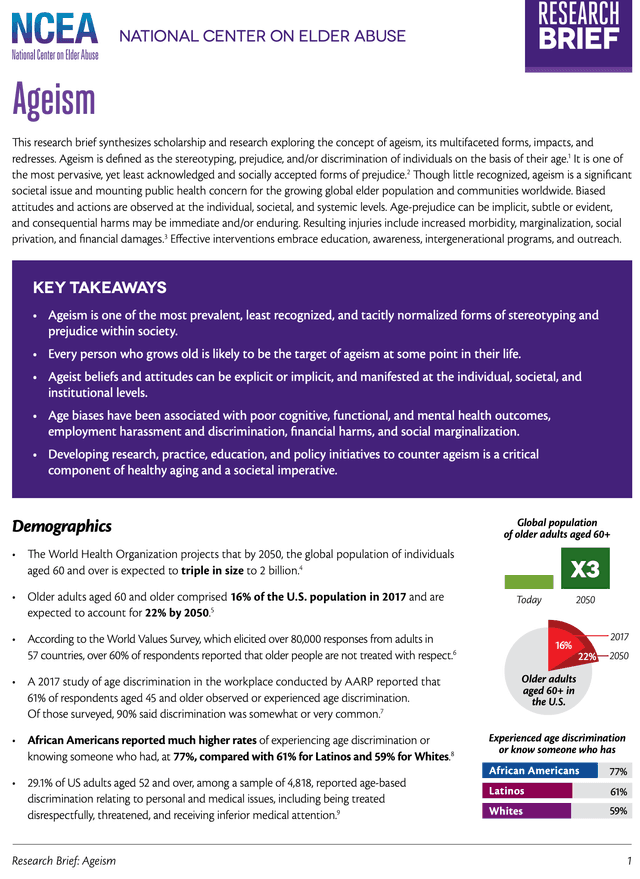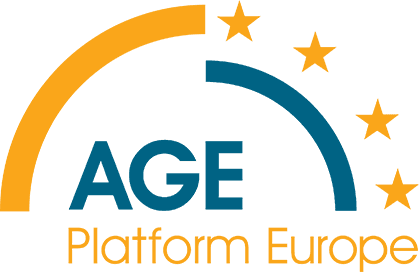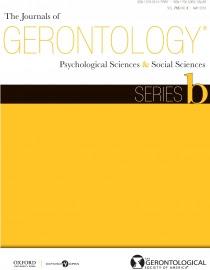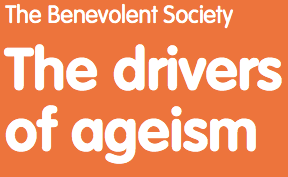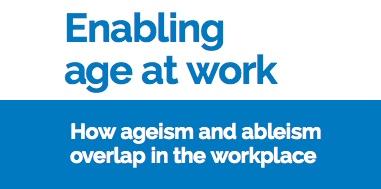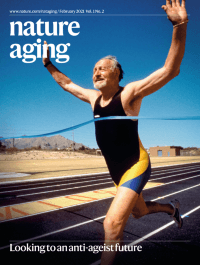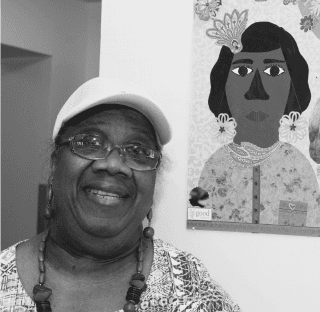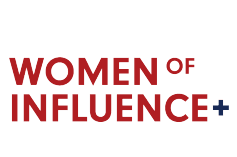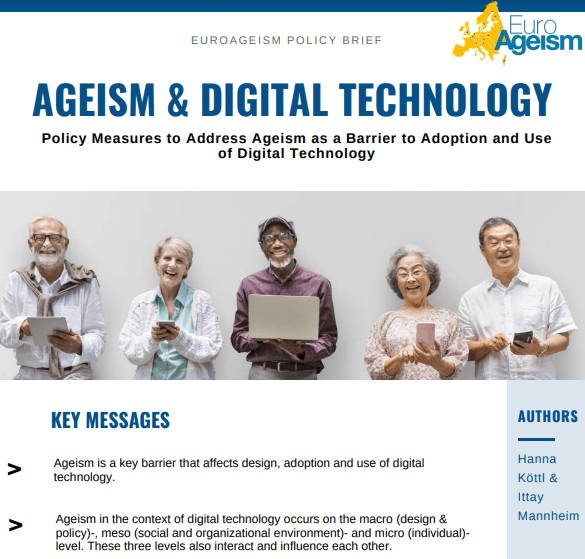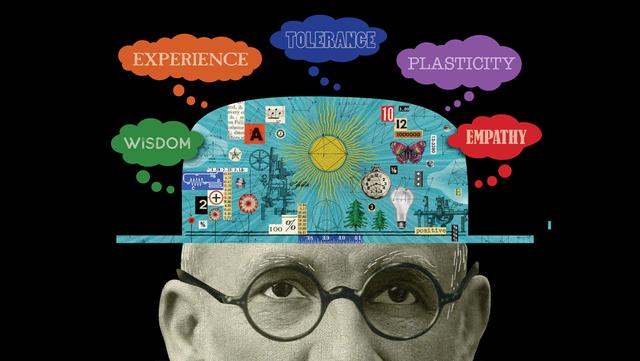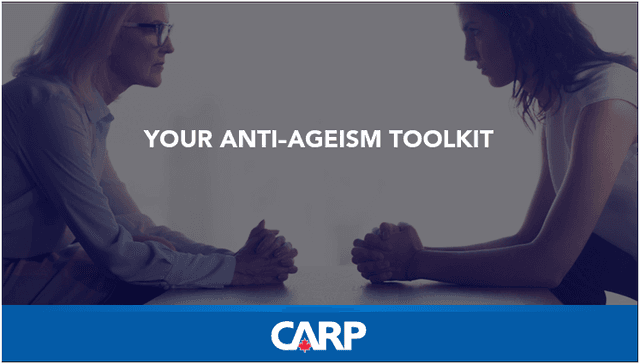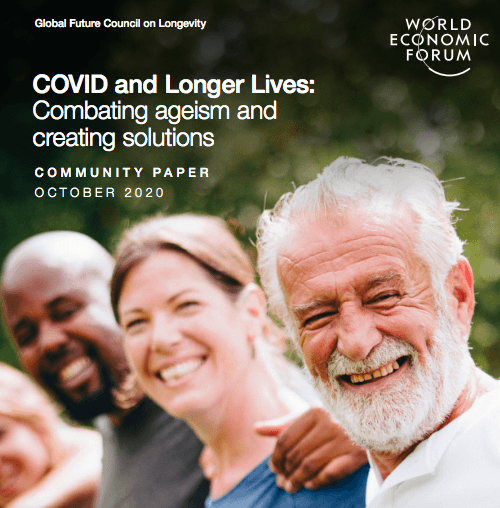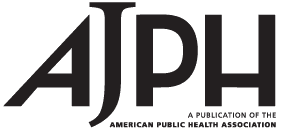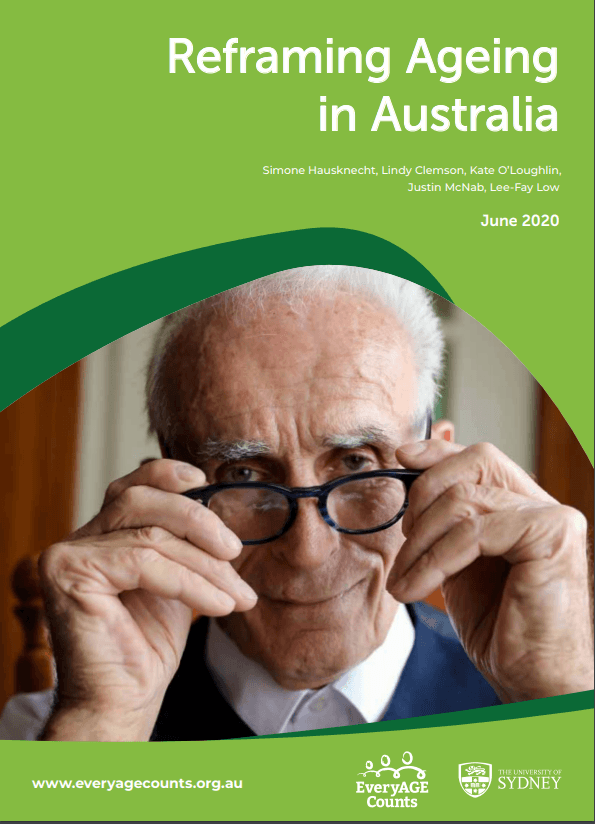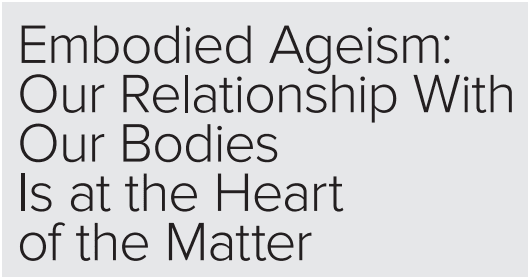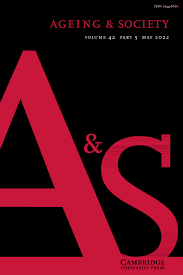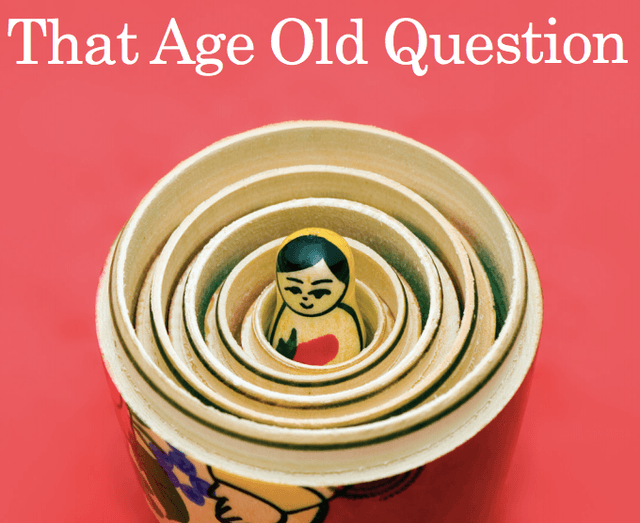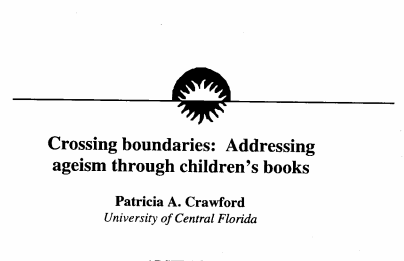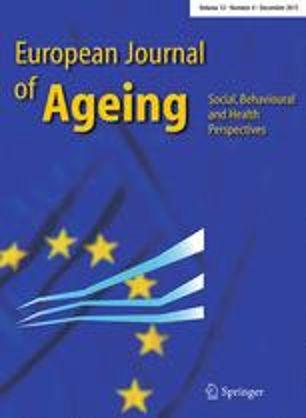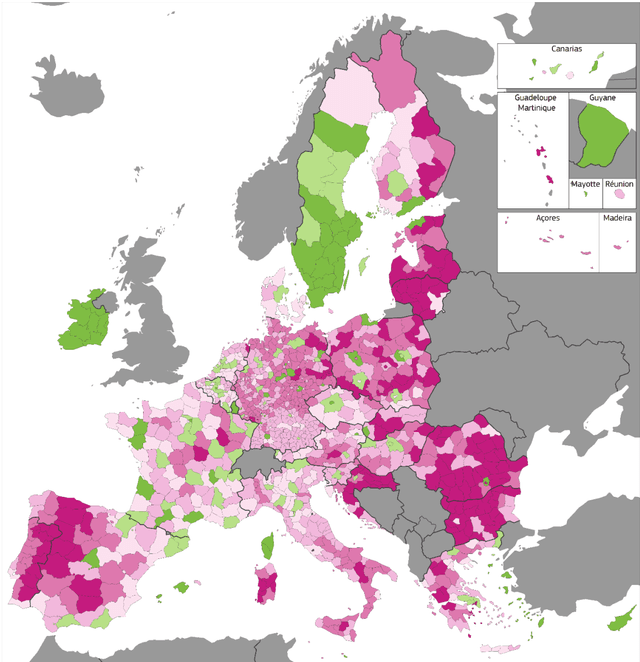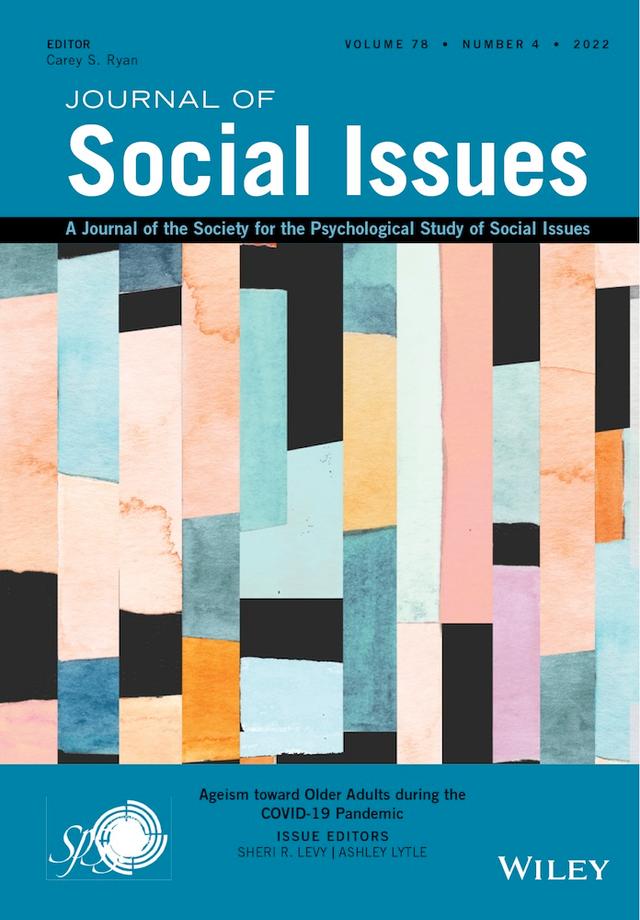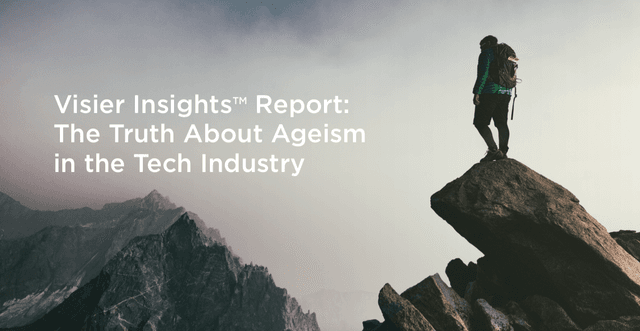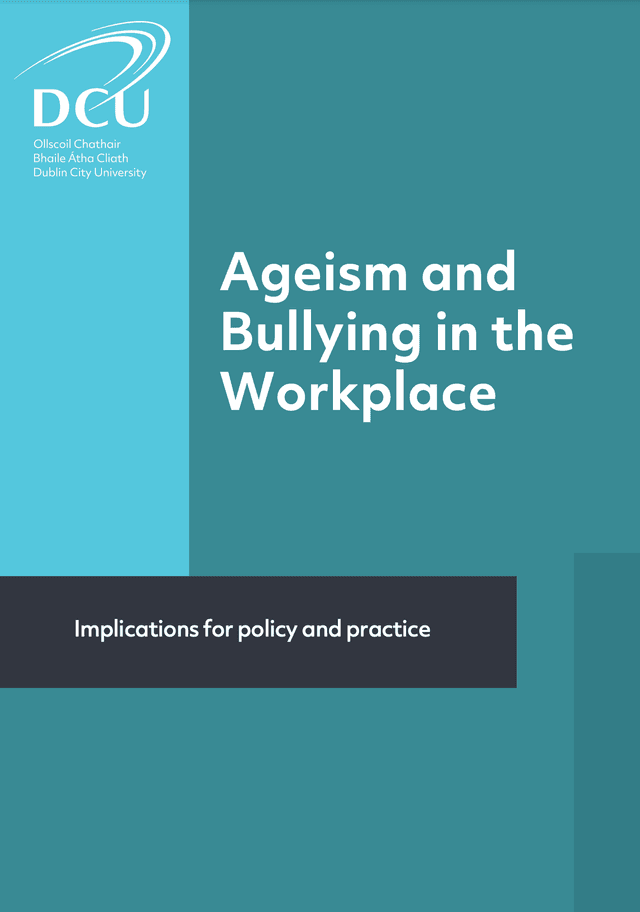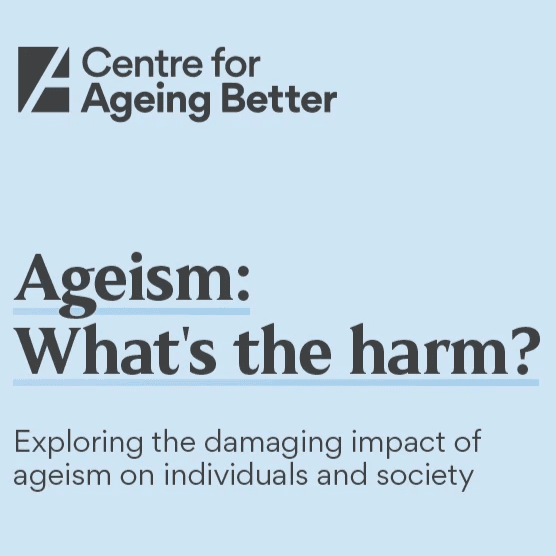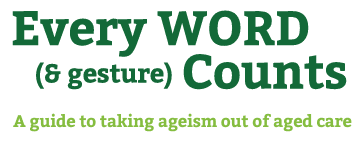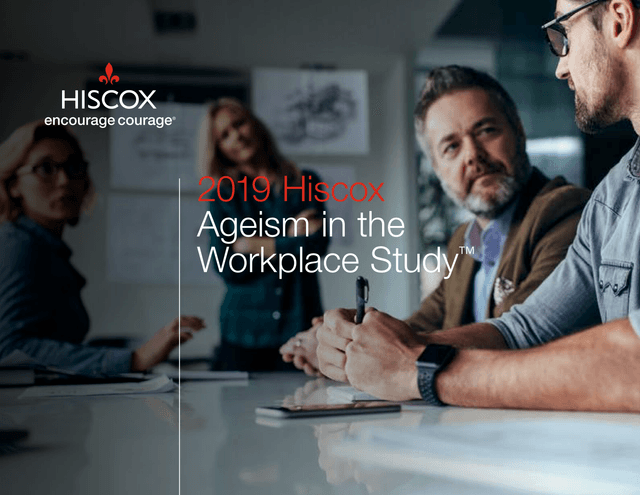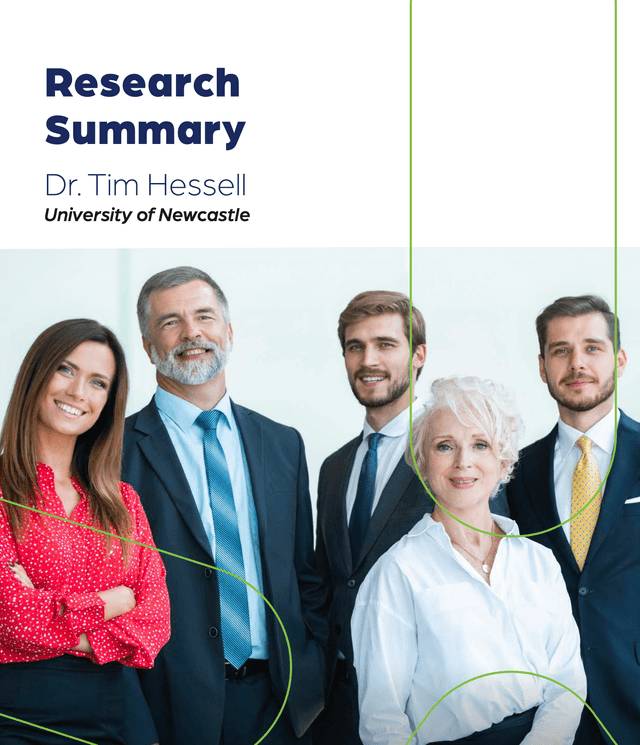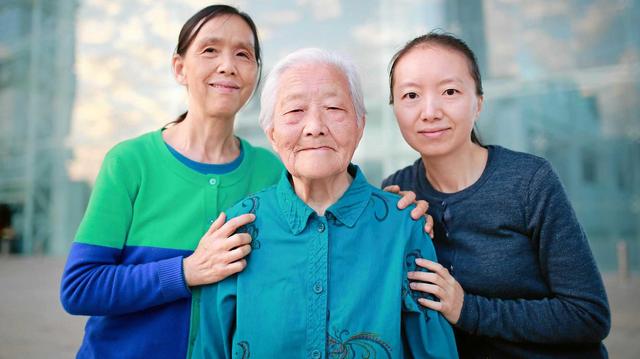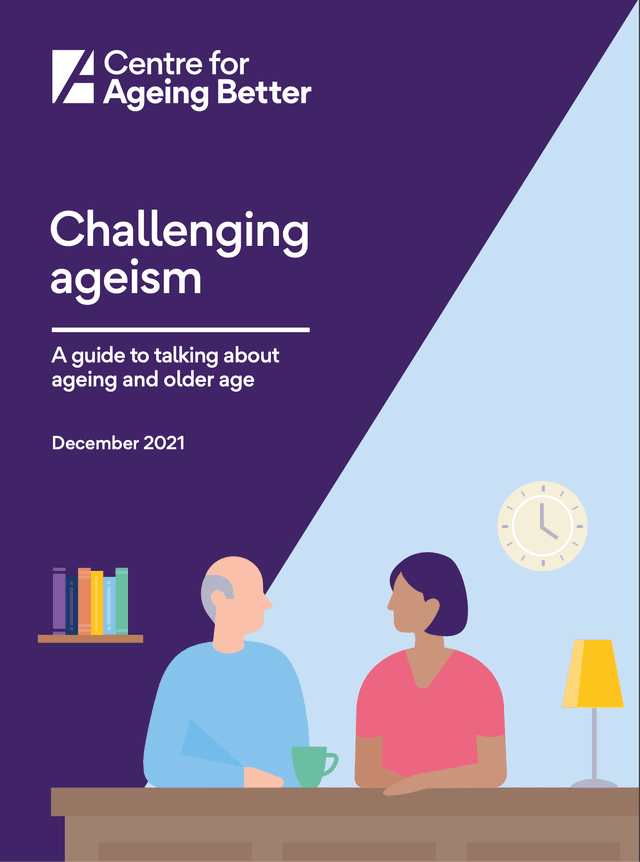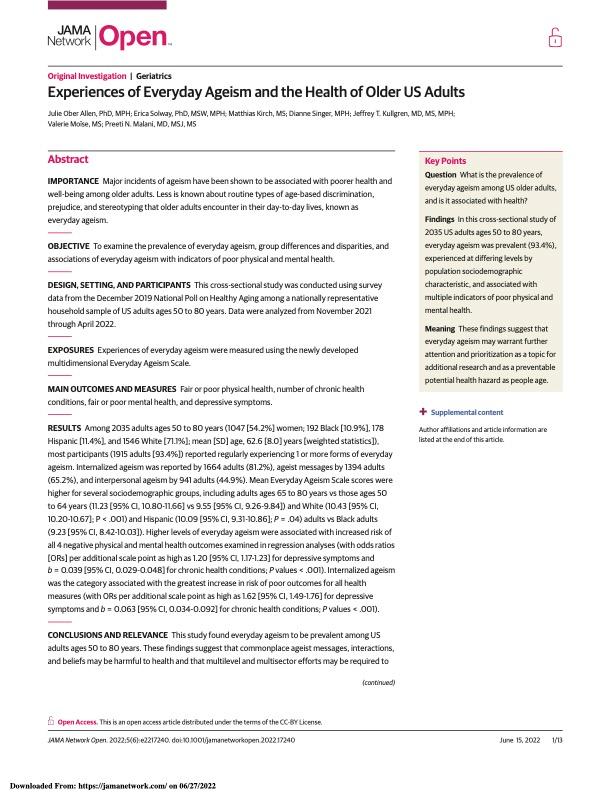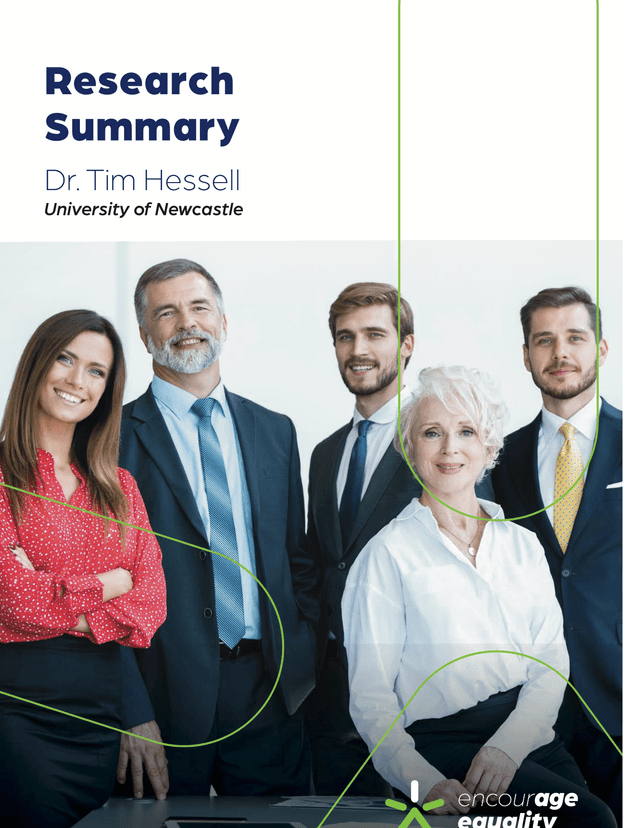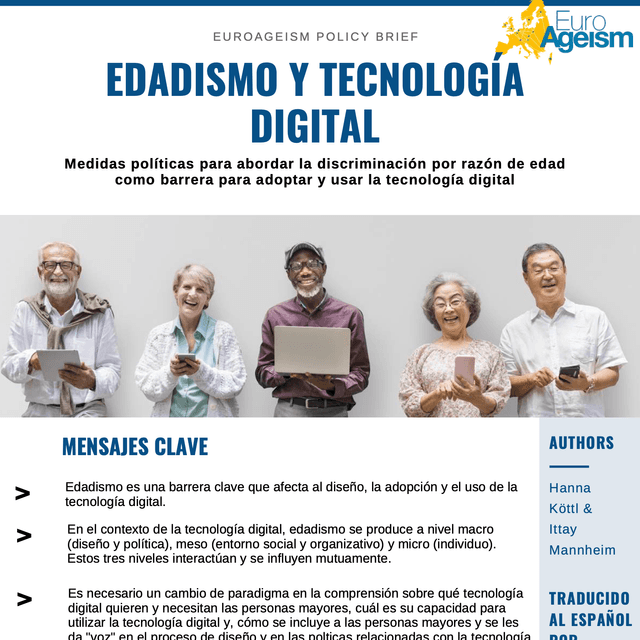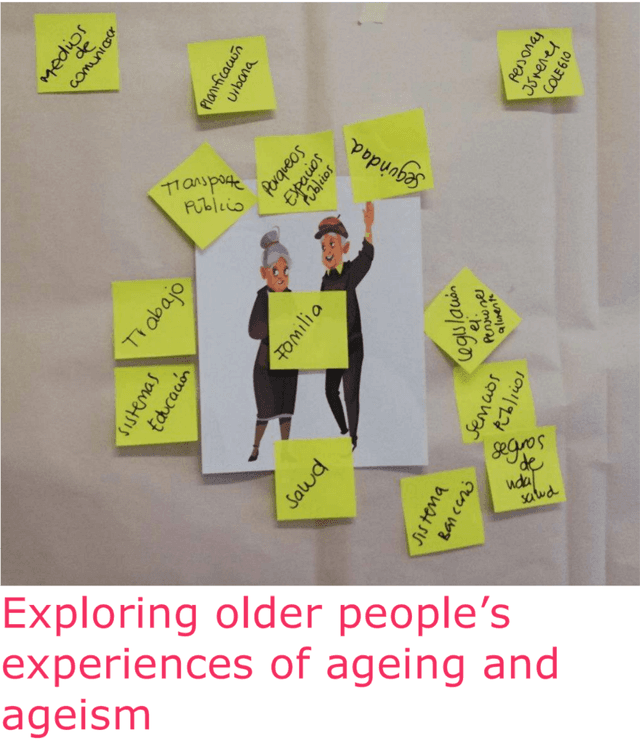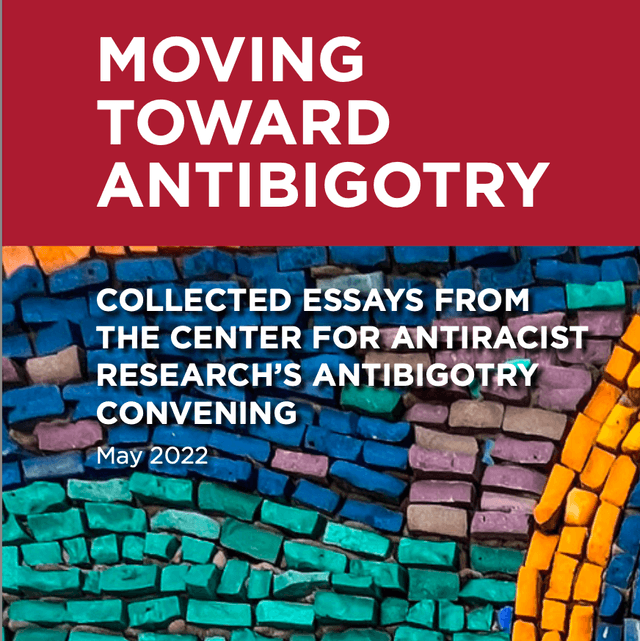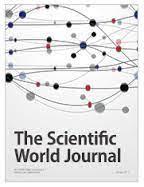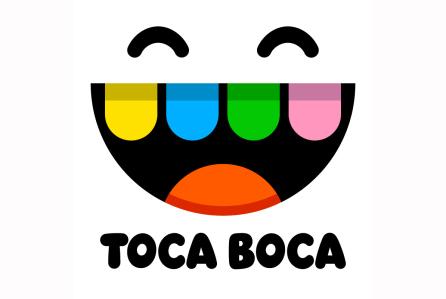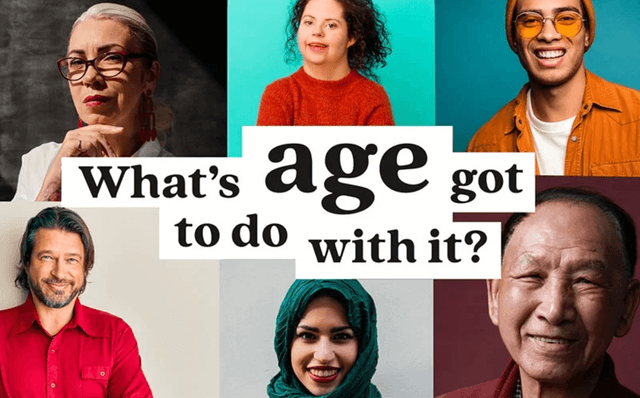Reports & Papers
You’ll find academic research papers, chosen because they fill a gap in the research, like connecting structural ageism to family interactions, or reducing inequity in healthcare by addressing the way ageism and racism intersect. Other papers offer invaluable overviews, like an issue of the journal Generations devoted entirely to articles about ageism by leading experts; a comprehensive research brief from the National Center on Elder Abuse; a review of how culture shapes ageism around the world; and the American Public Health Association’s meta-analysis of which types of intervention—spoiler alert: combining education and intergenerational contact—reduce ageism most effectively. Some publications focus on language, like the European Network in Aging Studies’ analysis of age-related terms like “age-friendly,” “elderly”/“senior citizen,” and “vulnerability;” and a practical tool to help organisations communicate about age and late life. Some address technology: how digital technology informs ageism (in Spanish); systemic ageism in the tech industry in light of labor and skills shortages; and policy measures for removing ageism as a barrier to the use of digital technology. Many focus on age bias in the workplace: the gendered ageism professional women confront mid-career; how ageism in human resources (HR) affects the way corporations understand and retain talent; a policy brief from the UN Working Group on Ageing on promoting age diversity and inclusion and enabling longer working lives; a review of how bullying affects older workers; and an overview of empirical research on worker-related ageism that identifies barriers, research gaps, and effective interventions. Some papers focus on health and healthcare: a research roundup for journalists on how ageism harms our health and increases healthcare costs, and how regional and federal policies are addressing this; Yale psychologist Becca Levy’s research into the effects of age beliefs on health outcomes; an investigation into older Australians’ encounters with age discrimination in healthcare; and the effects of the COVID19 pandemic in a world of longer lives. You’ll also find research on other a range of other topics, including into the omission of older people from clinical trials; using children’s books to address ageism; how arts educators can meet the needs of a rapidly expanding cohort of older students; and how reaching across age gaps fosters intergenerational relationships and age equity
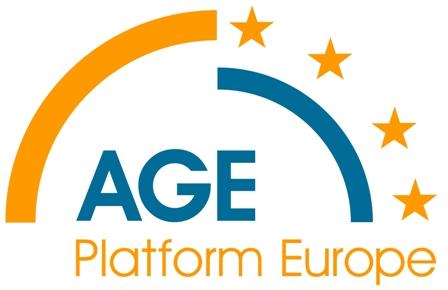
The text "Age Platform Europe" under a blue arch that extends from right to left and ends in the middle of the image. Above that is a yellow arch made of stars from right to center and then a solid line from the center to the bottom left.
Manifesto For European Parliament Elections
Concise blueprint for protecting the rights of older people around the world

Cartoon images of 3 older people. The two on the outside are holding up a package tag with the French words "Depasses, Lents, Detestables" listed on it.
Contact Aînés : Exposition de sensibilisation sur l'âgisme
Des graphiques originaux pour sensibiliser aux méfaits de l'âgisme. / Six bold graphics that call out ageist stereotypes & demand resistance. In French.
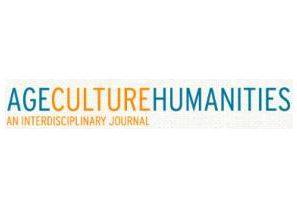
Age Culture Humanities An interdisciplinary Journal
Contested Language
This issue unpacks the meaning- & underlying ageism & ableism- of contested terms within age studies, including elderly, senior citizen, age-friendly, boomer, dementia sufferer, functionality, population, & vulnerability. Age, Culture, Humanities is the humanities and arts journal that publishes scholarship on topics that investigate the critical intersections of the arts and humanities with the aging process and with age across the lifespan. Age, Culture, Humanities promotes cross-disciplinary, critical investigations of the experiences of age, aging, and older age, as seen through the lens of the humanities and arts. The goals are to consider age as a category of identity, advance understanding of the aging process and of age differences across the lifespan, interrogate cultural articulations of aging and older age, and generate innovative, engaging scholarly approaches to the study of age and aging in the humanities.
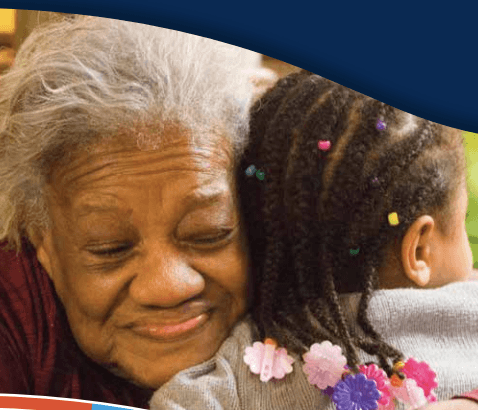
A woman with grey hair smiling while hugging a younger person who has braids in their hair with flowers on the ends of the braids.
I Need You, You Need Me
The Young, the Old & What We Can Achieve Together: A report from Generations United & the Eisner Foundation on why it's so important to break down age barriers & how to do it
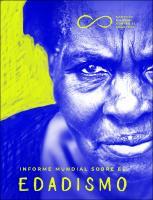
Informe mundial sobre discriminación por edad
El propósito de este Informe mundial sobre el edadismo es subsanar esta brecha y destacar la necesidad de adoptar un enfoque innovador y basado en los derechos, que aborde las estructuras sociales, legislativas y políticas subyacentes que han respaldado durante muchos años determinados supuestos acerca de la “edad” a lo largo del curso de vida.
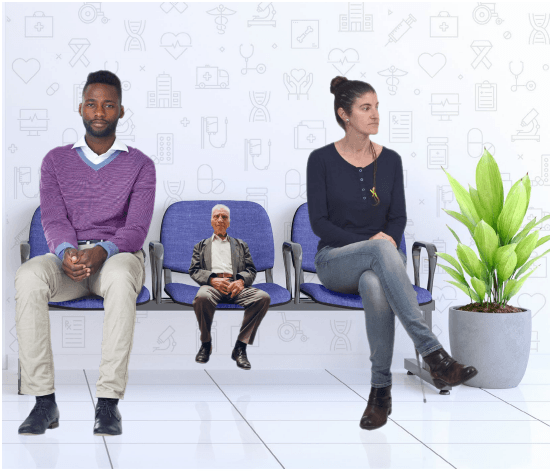
Three people sitting in a waiting room. In the middle, the older person of the three is smaller than the other two as a representation of the way older people are treated as lesser than others.
Age Discrimination in Healthcare: The Argument for an Intersectional, Multi-Level Response
This article explains how ageism shows up in healthcare settings at every level, from personal interactions to policy choices & how to respond

The text "Equinet European network of equality bodies" with a stylized capital letter E that has an equal sign for the center line. The lettering is white and the background is red.
Tackling Ageism & Discrimination
A report in the context of the European Year for Active Ageing & Solidarity between Generations about age discrimination & what to do about it
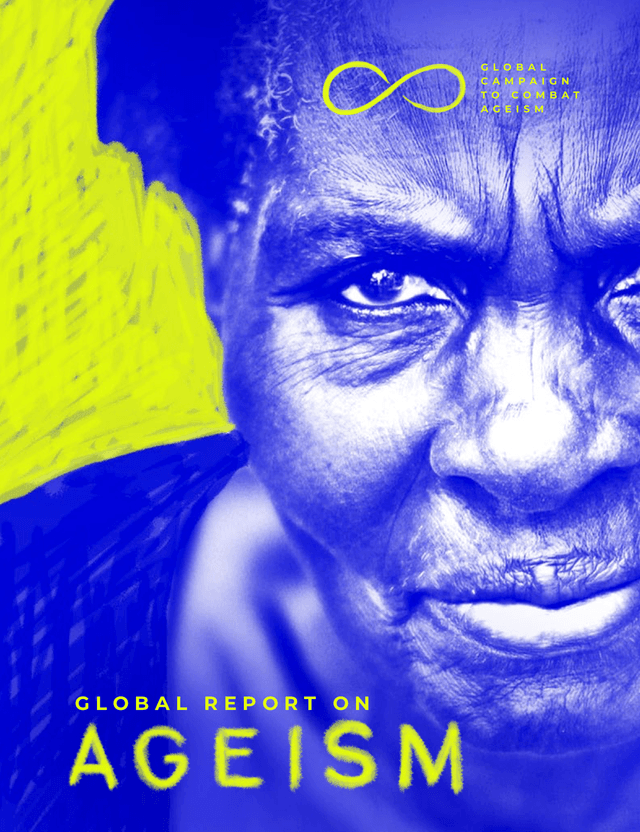
Global Campaign to Combat Ageism Global Report on Ageism
WHO Global Report on Ageism
This groundbreaking report summarizes the best evidence on the nature & scope of ageism, its causes & effects & what strategies prevent and counter it. Includes specific recommendations for governments, the private sector & civil society.
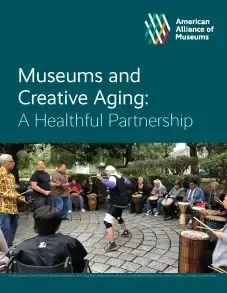
On a dark green background is written, "American Alliance of Museums" in the upper right corner followed by the title "Museums and Creative Aging: A Healthful Partnership" beneath that is a photo of a group of people in a circle enjoying an outdoor activity.
A landmark report on how museums can integrate older audiences into long-term planning, with a focus on addressing ageism & fostering social connection
Relatório mundial sobre o idadismo
O relatório sugere passos a serem adotados por todos os interessados diretos - incluindo governos, organizações da sociedade civil, instituições acadêmicas, instituições de pesquisa e empresas - para que as políticas e legislações novas e as já existentes sejam cumpridas e para orientar e estimular o contato entre gerações, visando beneficiar pessoas de todas as idades.
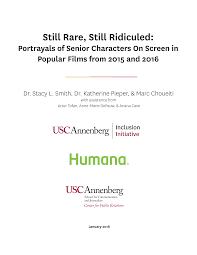
Still Rare, Still Ridiculed: Portrayals of Senior Characters On Screen in Popular Films from 2015 and 2016 Dr. Stacy L. Smith, Dr. Katherine Pieper, & Marc Choueiti with assistance from Artur Tofan, Anne-Marie DePauw, & Ariana Case USC Annenberg Inclusion Initiative Humana School for Communication and Journalism Center for Public Relations
Still Rare, Still Ridiculed: Portrayals of Senior Characters On Screen in Popular Films from 2015 and 2016
This USC-Annenberg study describes how few characters aged 60 & up are represented in contemporary films— & how poorly
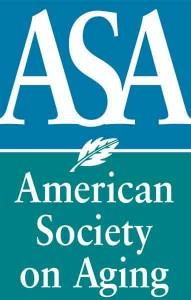
The letters "A S A" in front of a blue background. Below that, the words "American Society on Aging" on a green background. They are separated by a white line with a white leaf in the center of it.
Generations: The Pernicious Problem of Ageism
Devoted entirely to ageism, with commissioned articles by leading experts
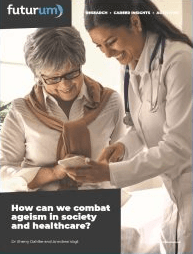
A doctor and a patient looking at a paper together. Above them the text Futurum and below the text How can we combat ageism in society and healthcare?
How can we combat ageism in society and healthcare?
Two gerontological nurses describe age bias in their field & how to teach students to provide the care & support that older patients require & deserve
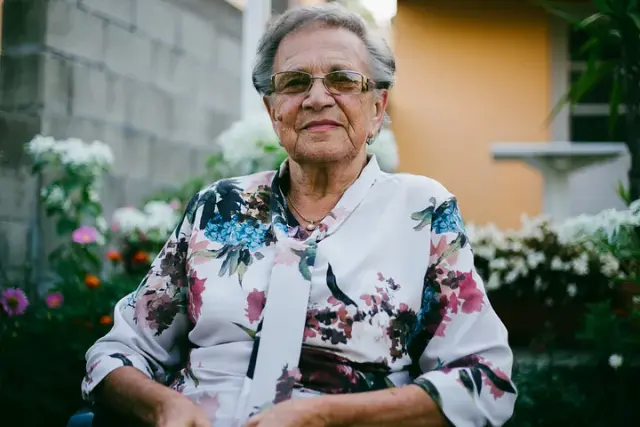
A woman wearing a colorful shirt with floral patterns and smiling slightly.
We Need to Talk About “Digital Ageism”
Age scholars Clara Berridge + Alisa Grigorovich call for critical analysis of the implications of AI and surveillance technologies in longterm care, and how they might contribute to ageism
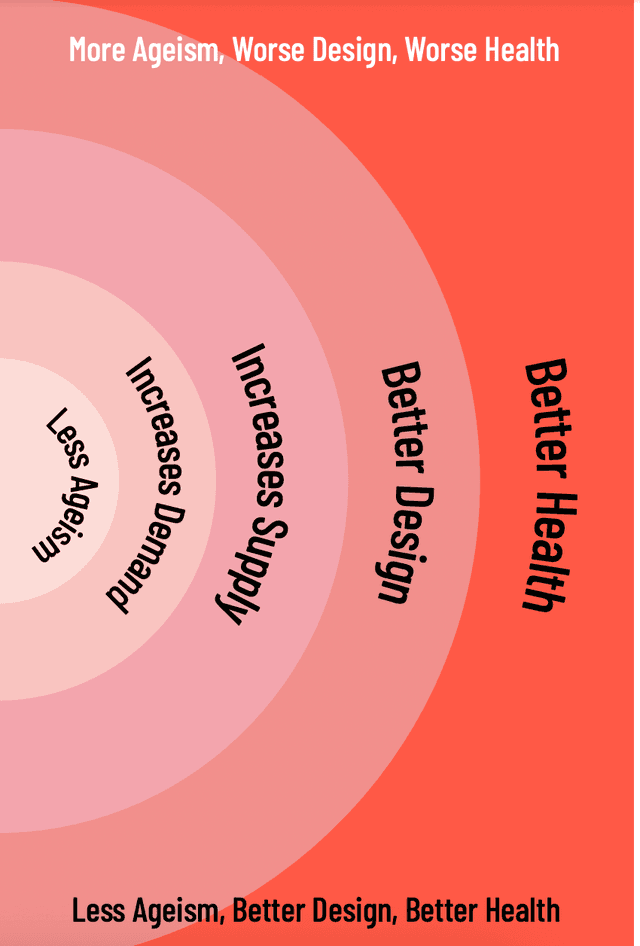
Across the top of the image, "More Ageism, Worse Design, Worse Health" Vertically, getting larger from left to right, "Less Ageism, Increased Demand, Increased Supply, Better Design, Better Health" Across the bottom of the image, "Less Ageism, Better Design, Better Health." The background is a gradient of pastel oranges from lighter to darker.
Design Age Ideas
Good design improves our lives—especially when it comes to "designing age." This report, which leads with "Undo Ageism," sets out a socially inclusive approach to design practice.

On a dark green background, the title "Independent Expert on the enjoyment of all human rights by older persons" Below that the text, "United Nations Human RIghts Special Procedures. Special Rapporteurs, Independent Experts & Working Groups."
The 2021 report by the UN's Independent Expert on the human rightsof older persons, which examines the prevalence & consequences of age discrimination. In 6 languages.
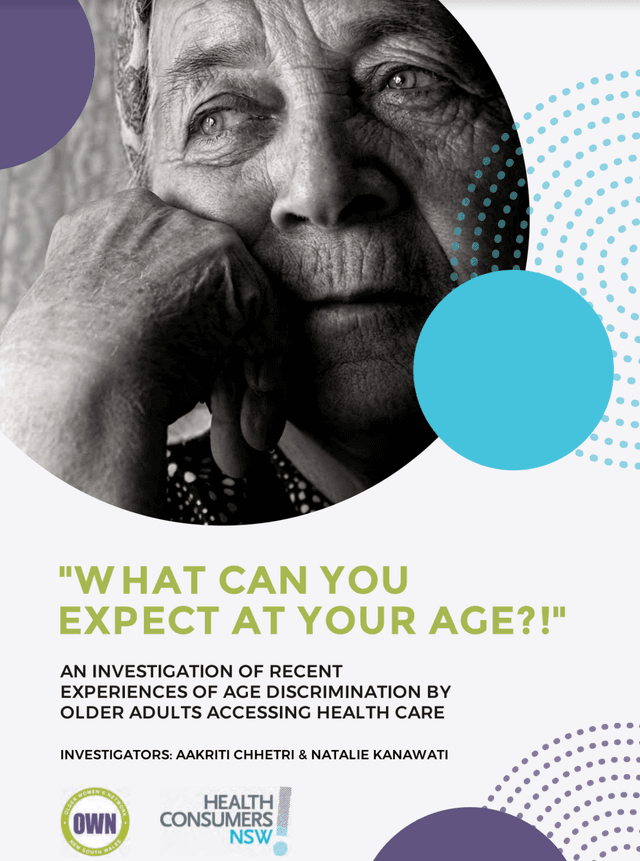
"W HAT CAN YOU EXPECT AT YOUR AGE?!" AN INVESTIGATION OF RECENT EXPERIENCES OF AGE DISCRIMINATION BY OLDER ADULTS ACCESSING HEALTH CARE INVESTIGATORS: AAKRITI CHHETRI & NATALIE KANAWATI OWN HEalth Consumers NSW
A detailed investigation of ageism in health care & how it affects older Australians’ wellbeing & quality of life

Three women swimming under water in a large swimming pool. All three are wearing pink swimming caps.
Changing perspectives: testing an ageism intervention
This report describes a short, one-off workshop that significantly reduced ageist attitudes & expectations. Joanna Maxwell of the Australian Human Rights Commission is available to explain how to conduct the intervention.


